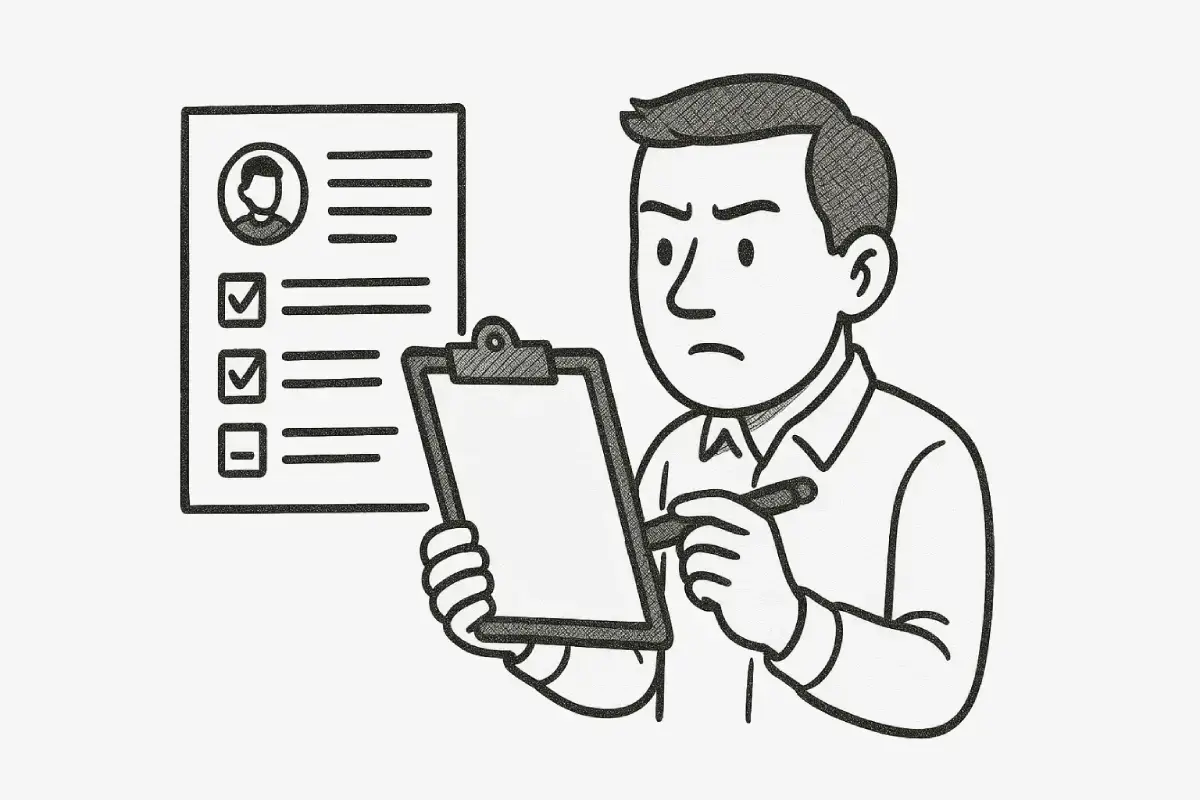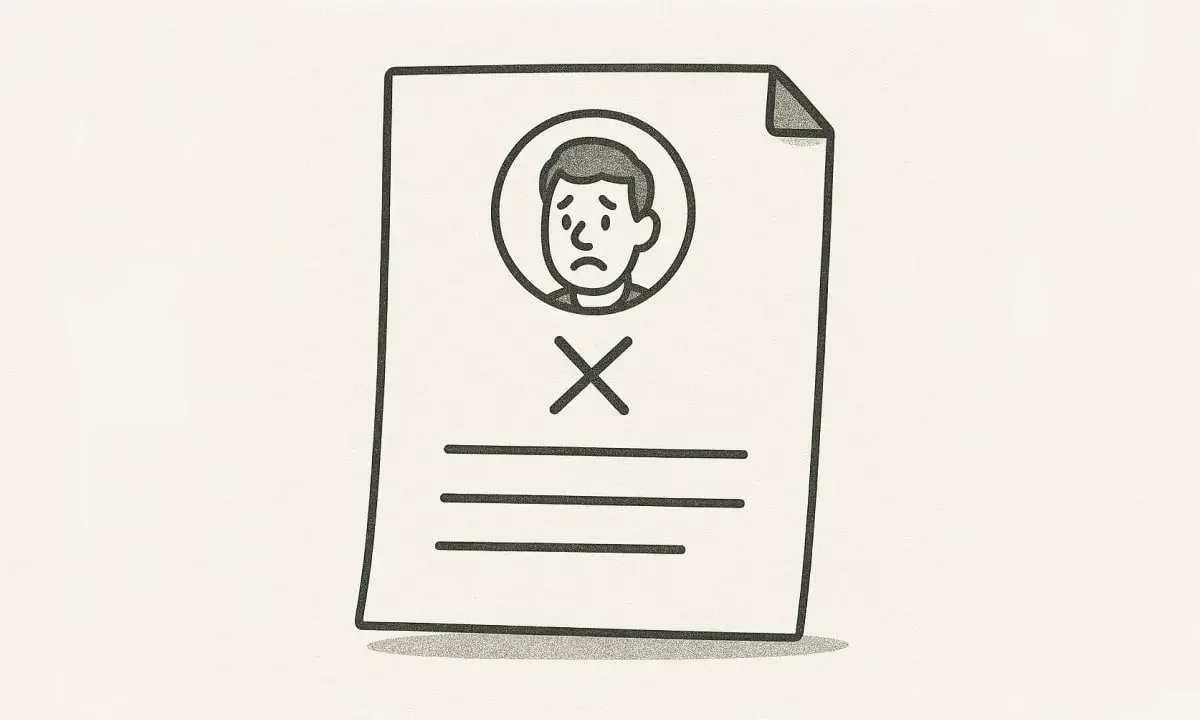Writing a CV can be a daunting task, but it is an essential part of the job search process. A well-crafted CV can make all the difference in securing your dream job, while a poorly constructed one can lead to rejection. To help you create a winning CV, we have compiled a list of dos and don’ts to keep in mind when writing your next one. From formatting to content, these tips will help you stand out from the crowd and increase your chances of landing an interview. So, let’s dive in and discover the dos and don’ts of CV writing.
Dos of CV Writing
1. Tailor your CV to the job
One of the most important things that you should do when writing your CV is to tailor it to the job that you are applying for. This means that you should highlight the skills and experiences that are most relevant to the job. Use keywords from the job description to show that you have the skills that the employer is looking for. This will help your CV to stand out and show the employer that you have taken the time to read the job description and understand what they are looking for.
2. Make it easy to read
Your CV should be easy to read, so use clear headings and bullet points to help the employer to scan through your CV quickly. Use a clear and simple font, and make sure that your CV is well-structured. A cluttered and disorganized CV is likely to put off potential employers, so take the time to ensure that your CV is easy to read and well-presented.
3. Showcase your achievements
Employers want to know what you have achieved in your previous roles, so make sure that you highlight your achievements on your CV. Use specific examples to show the impact that you have made in previous roles. This will help to demonstrate to potential employers that you have the skills and experience that they are looking for, and that you are capable of making a positive impact in their organization.
4. Include relevant keywords
Many employers use automated systems to scan through CVs for relevant keywords. Therefore, it is important to include relevant keywords on your CV to ensure that it is picked up by these systems. Look at the job description and identify the keywords that are relevant to the job, and make sure that you include them on your CV.
5. Proofread your CV
Spelling and grammatical errors on your CV can make a bad impression on potential employers, so make sure that you proofread your CV carefully. Ask a friend or family member to read through your CV to check for errors that you may have missed. A well-written and error-free CV will help to demonstrate your attention to detail and professionalism.

Don’ts of CV Writing
1. Don’t lie on your CV
It can be tempting to exaggerate your skills and experiences on your CV, but this is a big mistake. Employers are likely to check your references, and if they discover that you have lied on your CV, it could cost you the job. Be honest about your skills and experiences, and focus on highlighting the strengths that you do have.
2. Don’t include irrelevant information
Your CV should be focused on your skills and experiences that are relevant to the job that you are applying for. Don’t include irrelevant information such as your hobbies, unless they are relevant to the job. This will only serve to clutter your CV and distract potential employers from the important information that they need to know about you.
3. Don’t use cliches
Avoid using cliches on your CV, such as “I work well in a team” or “I am a hard worker”. Instead, provide specific examples that show how you have demonstrated these skills in previous roles. This will help to demonstrate your ability to work effectively in a team, or your work ethic, in a more meaningful way.
4. Don’t use a generic CV
Sending out a generic CV to multiple employers is unlikely to be effective. Each job is different, and each employer will be looking for different skills and experiences. Therefore, it is important to tailor your CV to each job that you apply for. Take the time to read the job description and identify the skills and experiences that the employer is looking for, and highlight these on your CV.
5. Don’t forget to include contact information
Make sure that you include your contact information on your CV, so that potential employers can get in touch with you. This should include your name, email address, phone number, and any relevant social media profiles. Make sure that your email address is professional, and avoid using nicknames or inappropriate email addresses.
Conclusion
By following these dos and don’ts of CV writing, you can create a CV that stands out to potential employers. Remember to tailor your CV to the job, make it easy to read, and showcase your achievements. And most importantly, be honest and don’t include irrelevant information or cliches. Proofread your CV carefully, and make sure that you include your contact information. Good luck with your job search!
You might also like: The Jobs Most Likely to Disappear by 2035









